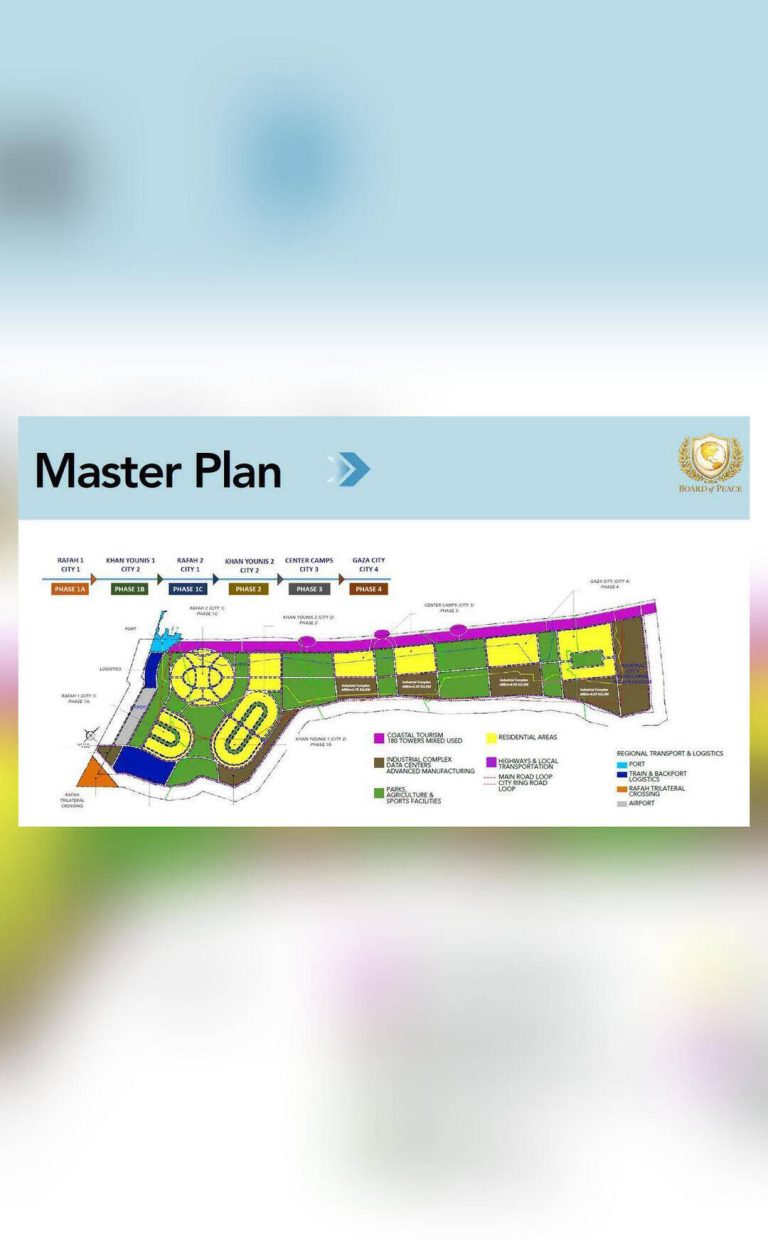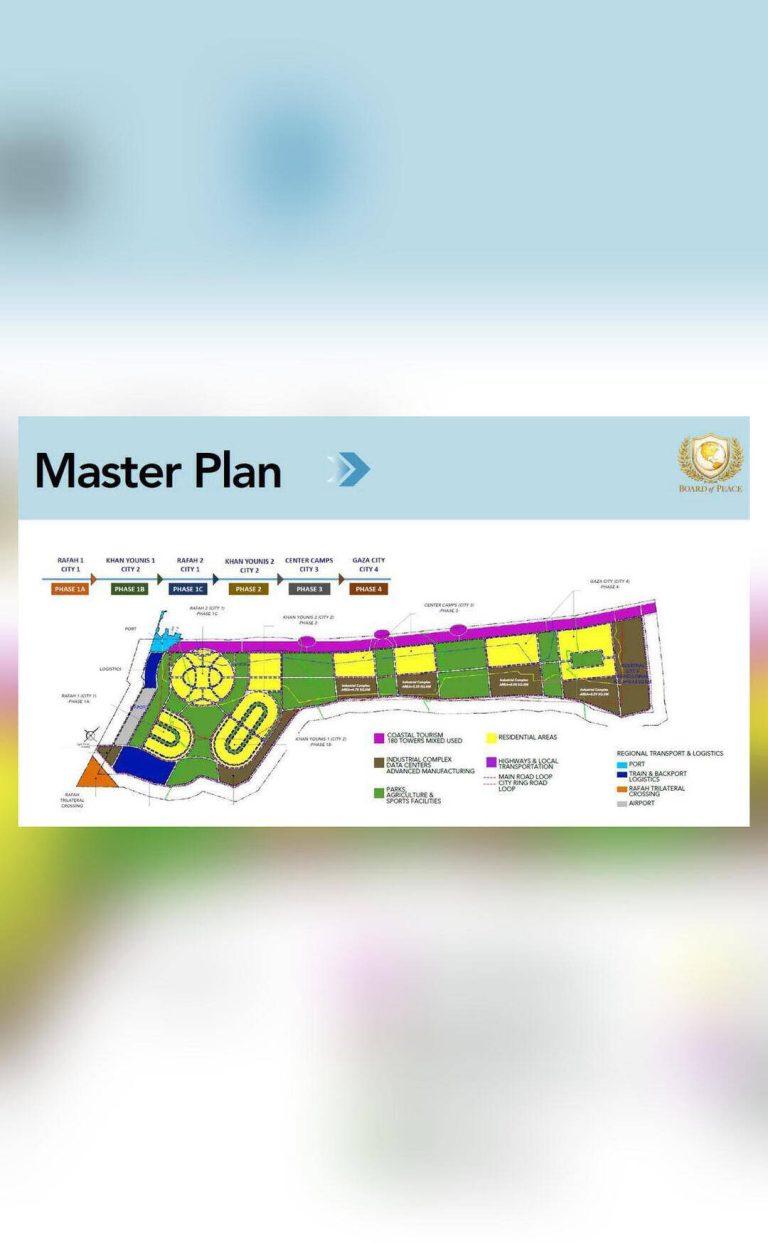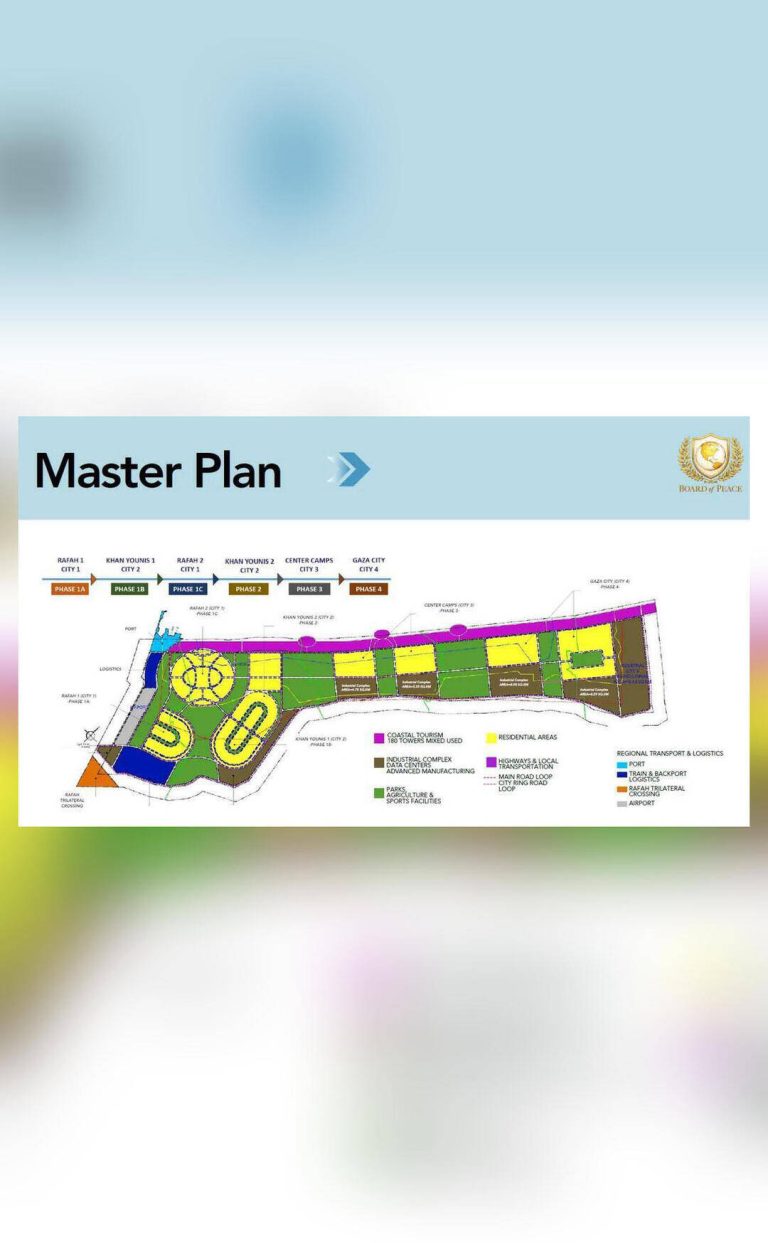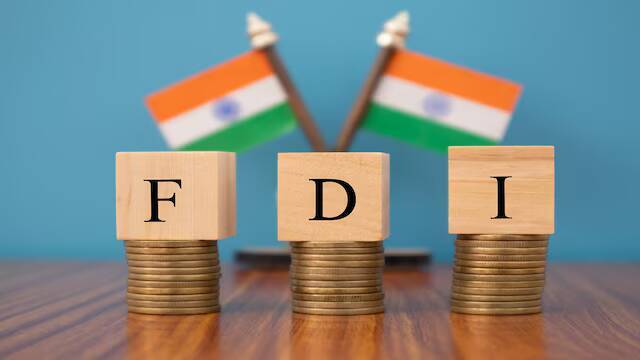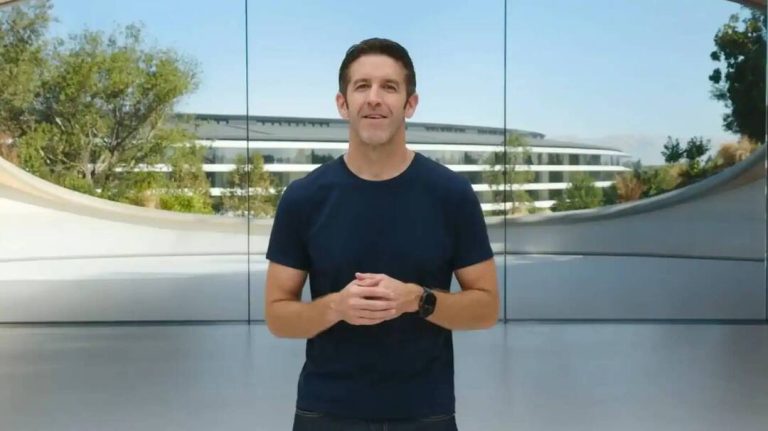
What are PM Modi’s 6 proposed initiatives at G20 Summit?
The G20 Summit, held in South Africa, has been a significant platform for world leaders to come together and discuss pressing global issues. This year’s summit saw Indian Prime Minister Narendra Modi take the stage to propose six new initiatives, aiming to address some of the most critical challenges facing the world today. In this blog post, we will delve into each of these proposals and explore their potential impact on the global community.
The first proposal put forward by PM Modi was to counter the drug-terror nexus, a growing concern that threatens global security. The proposal aims to bring together G20 nations to share intelligence, best practices, and strategies to combat the illegal drug trade and its links to terrorism. This initiative recognizes the devastating impact of the drug trade on communities worldwide and seeks to strengthen international cooperation to disrupt and dismantle these networks. By working together, G20 nations can develop more effective strategies to prevent the flow of illicit drugs and disrupt the financial networks that support terrorist organizations.
The second proposal announced by PM Modi was the establishment of a G20 Global Healthcare Response Team. This team would be deployed to respond to global health crises, providing critical medical support and expertise to affected regions. The proposal recognizes the increasing frequency and severity of global health emergencies, such as pandemics and natural disasters, and seeks to enhance the world’s capacity to respond quickly and effectively. By establishing a dedicated response team, G20 nations can ensure that medical aid reaches those in need promptly, saving lives and reducing the risk of further outbreaks.
In addition to these security and health-focused initiatives, PM Modi also proposed the Africa-Skills Multiplier Initiative. This program aims to promote skills development and vocational training in Africa, recognizing the continent’s vast potential for economic growth and development. By investing in the skills and education of African youth, the initiative seeks to create a more competitive and prosperous workforce, driving economic growth and reducing poverty. The Africa-Skills Multiplier Initiative has the potential to make a significant impact on the lives of millions of young Africans, providing them with the skills and knowledge needed to succeed in an increasingly complex and interconnected world.
Another significant proposal announced by PM Modi was the creation of a Global Traditional Knowledge Repository. This digital platform would aim to preserve and promote traditional knowledge and cultural heritage from around the world, recognizing the importance of these unique practices and traditions. The repository would provide a centralized hub for the documentation, preservation, and sharing of traditional knowledge, allowing communities to learn from and appreciate the diversity of human experience. By preserving traditional knowledge, we can promote cross-cultural understanding, support the development of sustainable practices, and ensure that the wisdom of the past is not lost to future generations.
The fifth proposal put forward by PM Modi was the Open Satellite Data Partnership, an initiative aimed at promoting the sharing of satellite data among G20 nations. This partnership recognizes the vast potential of satellite technology to support sustainable development, from monitoring climate change to tracking natural disasters. By sharing satellite data, G20 nations can enhance their ability to respond to global challenges, supporting more informed decision-making and promoting greater cooperation on issues such as environmental protection, disaster management, and food security.
Finally, PM Modi proposed the Critical Minerals Circularity Initiative, a program aimed at promoting the sustainable and responsible production, consumption, and recycling of critical minerals. These minerals, such as lithium, cobalt, and rare earth elements, are essential for the production of clean energy technologies, from solar panels to electric vehicles. The initiative recognizes the need to ensure a stable and sustainable supply of these critical minerals, reducing the risk of price volatility and supporting the transition to a low-carbon economy. By promoting circularity and sustainability in the production and consumption of critical minerals, G20 nations can support the development of renewable energy sources, reduce waste, and mitigate the environmental impacts of mining and processing.
In conclusion, PM Modi’s six proposed initiatives at the G20 Summit demonstrate India’s commitment to addressing some of the most pressing global challenges of our time. From countering the drug-terror nexus to promoting sustainable development and preserving traditional knowledge, these proposals have the potential to make a significant impact on the lives of people around the world. As the global community continues to navigate the complexities of the 21st century, initiatives such as these will be crucial in promoting cooperation, understanding, and collective action.
For more information on PM Modi’s proposals and the G20 Summit, please visit: https://www.hindustantimes.com/world-news/pm-modis-6-point-agenda-climate-deal-us-boycott-five-key-takeaways-from-g20-summit-2025-south-africa-101763861473828-amp.html
